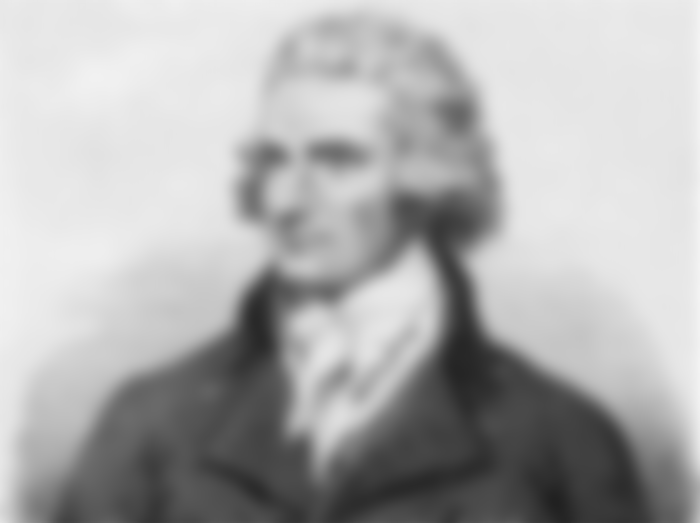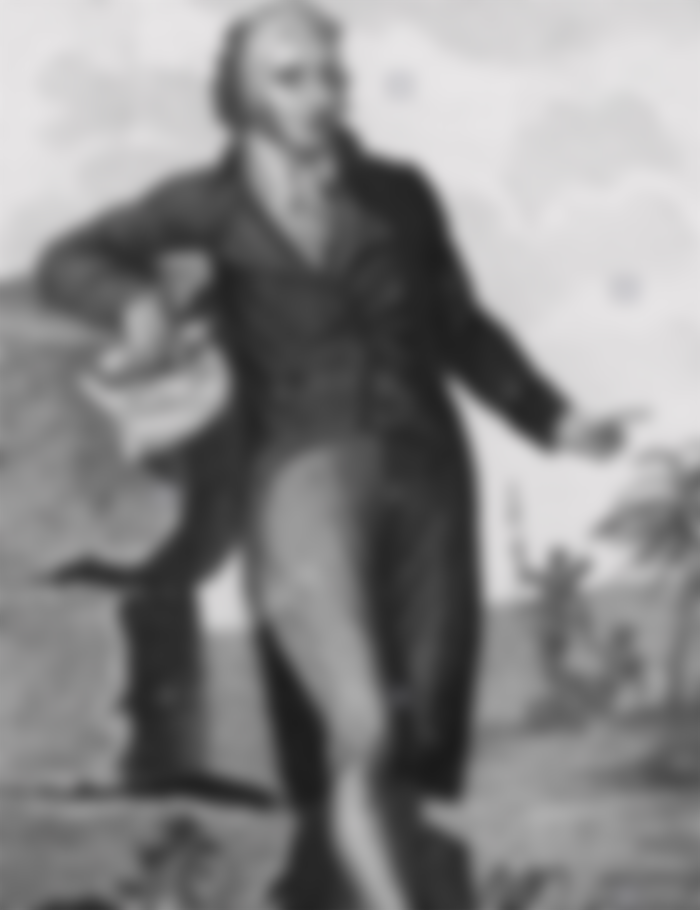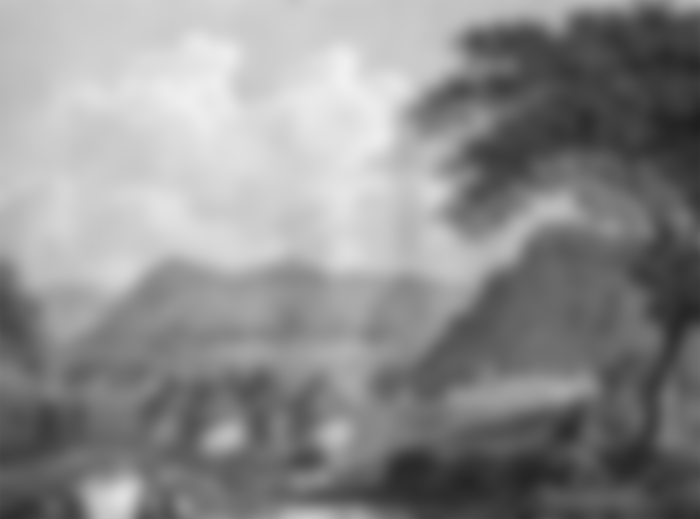Mungo Park, explorer of Africa he was a fearless and courageous traveler and explorer, originally from Scotland. He explored West Africa during the turbulent 18th century, and was actually the first Westerner to travel to the central part of the Niger River.

During his short life, he was imprisoned by a Moorish chief, suffered untold hardships, traveled thousands of miles within Africa and the world, succumbed to fever and insanity, and was even mistakenly considered dead. His life may have been short, but he was filled with courage, danger, and determination.

It is historically important because it was the first known European to penetrate deep into the interior of the African continent along the Niger River. He was educated in the fields of medicine and botany. He became a surgeon, and for a time in his youth worked as a surgeon on the British ship Worcester (at that time ship surgeons often engaged, as the only scientists on board, in studying new parts of the world from a natural science perspective).

In 1788, the Association for Promoting the Discovery of the Interior Parts of Africa was founded in London. This was due to the fact that at that time the interior of Africa was practically completely unknown to Europeans (unlike, for example, much further parts of the Pacific Ocean, which have already traveled extensively). That association (also known as the African Association) was actually friendly towards the inhabitants of Africa, in the sense that it did not have the imperial and colonialist pretensions of enslaving new lands. Namely, it was mostly made up of the so-called abolitionists (the then widespread movement of opponents of slavery).


In the service of the African Association, Mungo Park went on his first African expedition in 1795. It started from the Gambia on the west coast of Africa and continued through the areas of the present-day states of Senegal and Mali (western part of the Sahara). He was captured by the rulers there. Somehow he managed to escape with the help of a slave trader, but a further catastrophe was to befall him when he succumbed to the severe fever he managed to survive. On his return to Scotland in December 1797, after two years of travel, including a return trip through the West Indies, he was actually thought to be dead! The park took everyone by surprise by returning to Scotland relatively unharmed !.

On his next trip, he decided to go further south. It penetrated much deeper into Africa, through the valley of the important Niger River. It passed through the present-day state of Mali all the way to the area inhabited by the Tuareg in central Sahara. It penetrated farther than any Western European, passing even the territory of the present-day state of Niger. It entered by river from the north into the area of present-day Nigeria, thus leaving the Sahara and entering the African equatorial rainforests.

Unfortunately, Mungo Park was unable to return home to talk about his research. He died in the rainforest area of present-day Nigeria.

Only later did an expedition discover what had happened to him. Namely, his boat, which he was sailing on the Niger River, ran aground on a rock. The boat was attacked by locals and Mungo Park was killed. The exact date of his death is not known, but it is known that it was around 1806, meaning that he was then only 34 or 35 years old.







